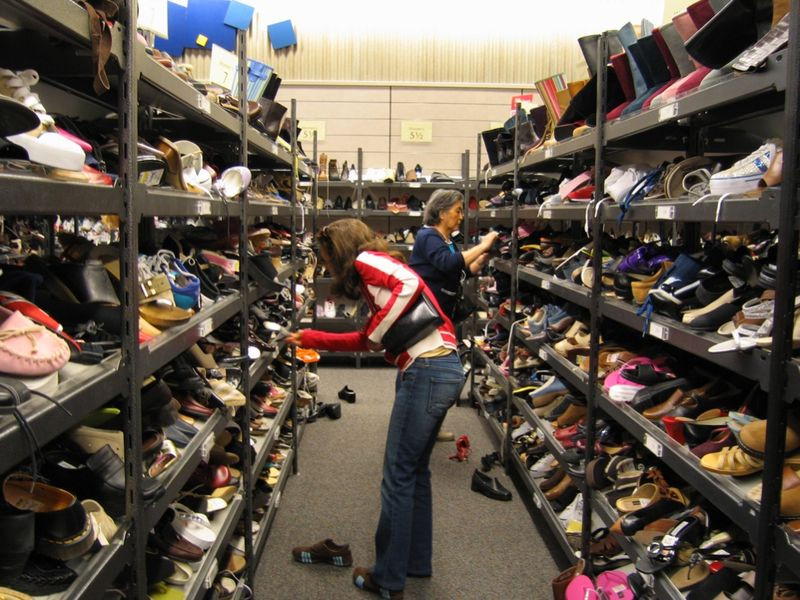Western high-street brands such as adidas, Nike, Puma and New Balance employ more than 700,000 people in Cambodia, but the Cambodia – EU trade relationship is under threat due to labour and human rights crackdown.
Earlier this month, the European Union put Cambodia on notice that its preferred trade status is at risk. EU trade commissioner, Cecelia Malmstrom, announced that the EU is reviewing Cambodia’s eligibility for this preference, which has allowed Cambodian textile and apparel products to enter the European market duty-free. The EU’s review focuses attention on the larger political picture in Cambodia and especially on the government’s decision to ban the main opposition party prior to the country’s July elections. But Cambodia’s deteriorating respect for the rights of workers also will be an important part of the EU’s review process.
Some twenty years ago, the Cambodian government staked out a leadership position on labour rights, agreeing to a first-of-its-kind trade pact that focused on the protection of workers’ rights. Suppliers in Cambodia provided Western–based apparel and footwear companies with rapid, high-volume production at low costs. These suppliers are now employing more than 700,000 people and representing 63 percent of the nation’s export income. In 2001, through an initiative that was ahead of its time, the Cambodians invited representatives from the International Labour Organisation in Geneva to establish ‘Better Work Cambodia’, which aims to improve factory conditions and provided a model that now has been replicated elsewhere.
Lately, however, progress on workers’ rights in Cambodia has slowed significantly. While the government still allows some independent unions and workers’-rights organisations to operate, the space for them to advocate effectively is shrinking. A law restricting freedom of association, adopted in 2015, restricts the activities of a wide range of non-governmental organisations, including those advocating on behalf of workers. Another law adopted in 2016 places onerous constraints on those who wish to form new unions and sharply curtails the rights of union members to strike or engage in public demonstrations. A number of labour union and human rights leaders have been targeted for official harassment, and some have been arrested or criminally charged. In several high-profile cases, labour leaders who were charged with baseless crimes in 2013 still have those charges pending against them. The impact on labour activism has been chilling.
EU relationship threatened
These negative trends now threaten the trade relationship between Cambodia and the European Union. What should global apparel and footwear companies do? Traditionally, large multinationals have absented themselves from such conversations, observing that the business of business is to do business, and that their core obligation is to follow local laws. But as public attention to these issues escalates, industry leaders are recognising that they cannot stand on the sidelines.
Last week, we participated in a delegation to Cambodia, led by the American Apparel & Footwear Association, an industry group, and the Fair Labor Association, a non-governmental organisation that brings together leading companies, universities and labour-rights organisations to improve workers’ rights. Among the delegates were American and European companies such as adidas, New Balance, Nike, Puma, Under Armour and VF. The group met with Cambodian government officials to express concern about the shrinking space for independent trade unions and rights activists and communicated a desire to work with the officials to improve these conditions. The group called on the government to drop the criminal charges in the cases of several labour leaders, charges that are widely viewed as politically motivated. The delegation urged changes to the laws that keep Cambodian workers from forming and engaging freely in trade unions. The companies also advocated for the independent funding and operation of the Cambodian Arbitration Council, which has served as a key resource in addressing individual complaints and improving labor conditions. And while this might sound unremarkable that a group of Western advocates would call on Cambodia to do better by its citizens, the presence of Western brand representatives makes this call to action different. Western buyers purchase hundreds of millions of dollars of manufactured products in Cambodia, which gives them the economic leverage to encourage meaningful changes in factory and worker conditions.
In today’s increasingly competitive global business environment, governments in sourcing destinations like Cambodia have the opportunity to make the well-being of workers a selling point in their pursuit of international business. Global brands, like those that came to the table in Phnom Penh last week, can demonstrate corporate leadership by publicly urging governments to protect the rights of workers and support meaningful reforms. Our delegation made a strong case to the Cambodian government about the critical importance of respect for labour rights. As the EU nears a decision on the future of its free-trade arrangement, the world is watching how the Cambodian government will respond.
Sharon Waxman is chief executive of the Fair Labor Association and Michael Posner is a former assistant secretary of state and director of the Center for Business and Human Rights at NYU.
Original opinion article published in the EU Observer.
Photo: Wikipedia




